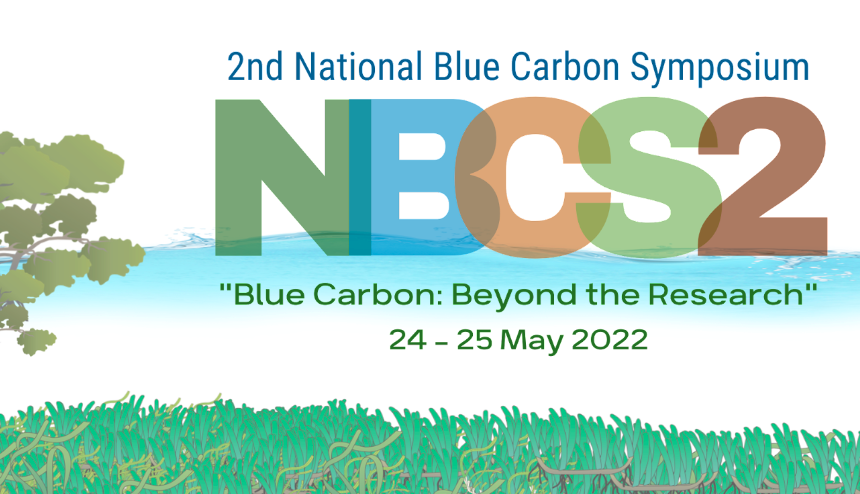Blue Carbon Initiative
Seagrass and mangroves are the coastal blue carbon ecosystems of the tropical regions. With this, the BlueCARES Project, a research project of the Philippines, Japan, and Indonesia organized its 2nd National Blue Carbon Symposium, an avenue where scientists and practitioners engage and discuss climate-related issues and initiatives.
Mangrove Restoration
Oceanus Conservation focuses on the blue carbon initiative and provides a nature-based solution as a way to mitigate climate change. Particularly, we aim to restore blue carbon habitats such as mangroves by working with local communities in the Philippines. In addition, our mission is to contribute to the protection and restoration of degraded blue carbon forests. Alongside with this, to provide environmental education and community development for the Filipino people. As of July 2022, our two project sites are communities in Salay, Northern Mindanao, and Aringay, La Union. This year, we will expand our project and include sites in Zamboanga Sibugay and Cagwait, Surigao del Sur.
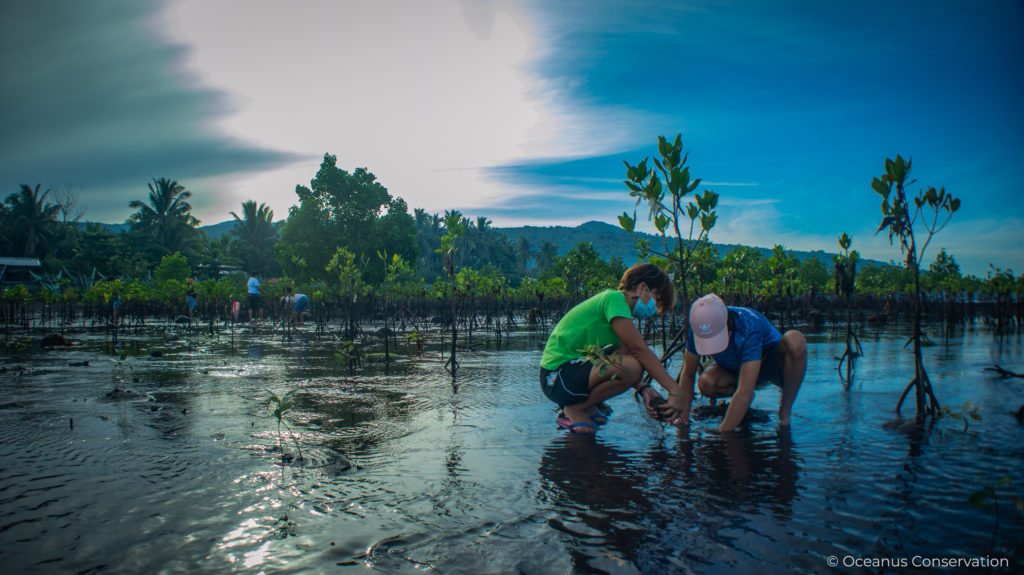
Citizen Science
Citizen scientists are members of the public who work with researchers to collect data. Even more, through citizen science, people share and contribute to data monitoring and collection programs. As part of the BlueCARES’ network called BCnet, Oceanus Conservation was invited as pilot users for the mangrove and seagrass citizen science monitoring protocol in Lobo, Batangas. With this, Oceanus was facilitating the training for coastal dwellers from these local communities.
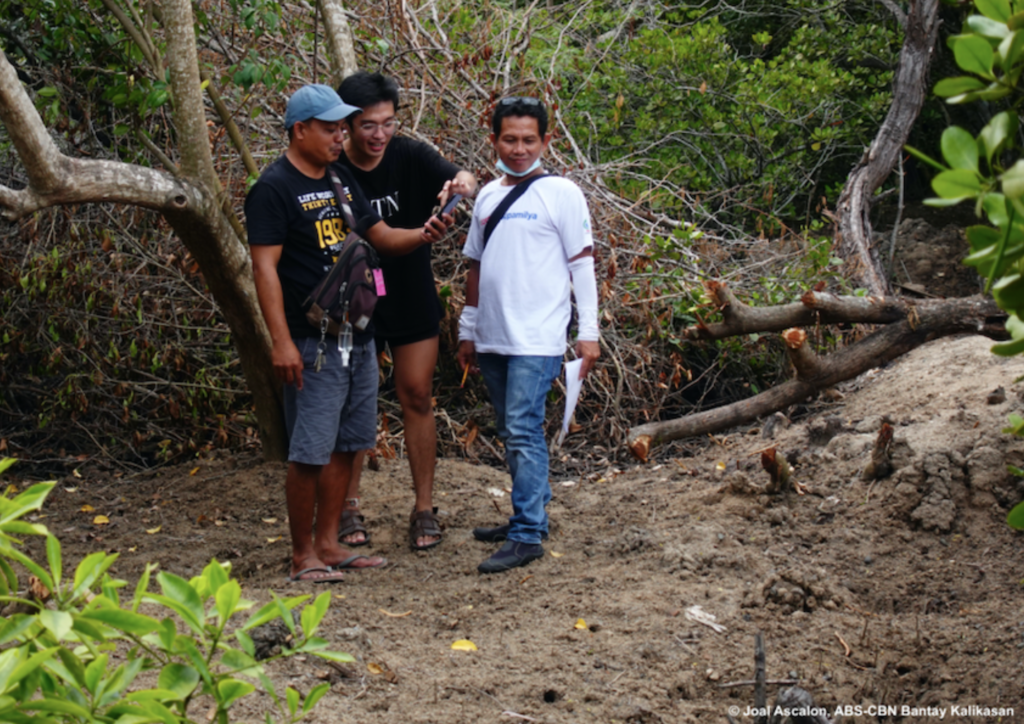
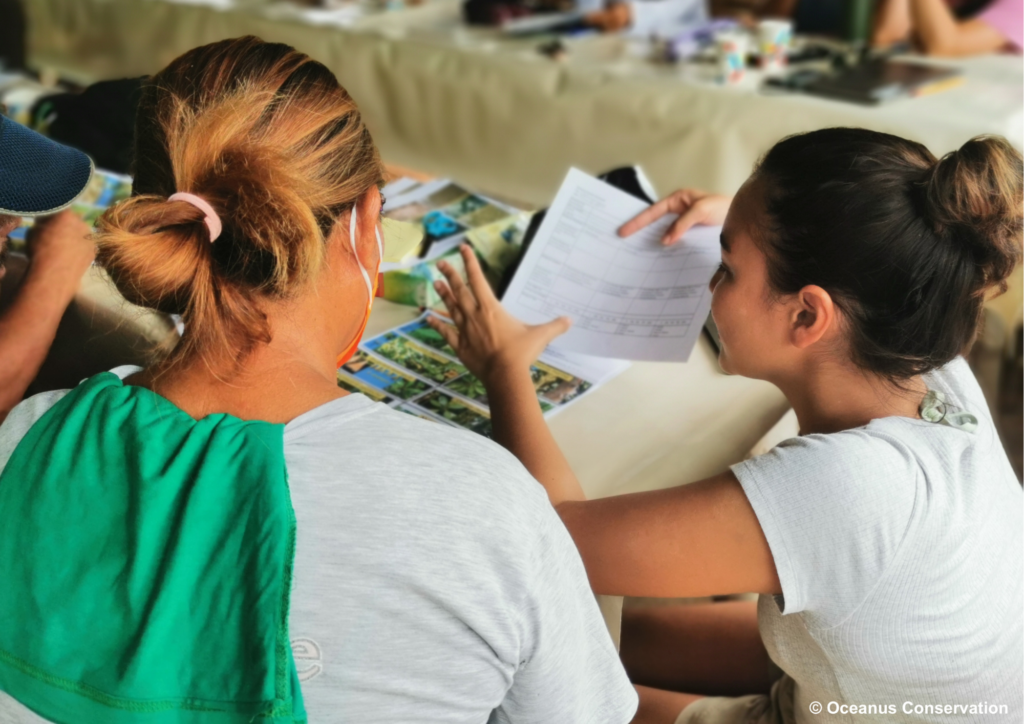
National Blue Carbon Symposium
The 2nd National Blue Carbon Symposium: Beyond the Research was held virtually on May 24-25, 2022 organized by the BlueCARES Project. Oceanus Conservation was sharing their presentations on community-based mangrove restoration projects and the perspective of two students and members of Oceanus on the citizen science training. The symposium unites experts and environmental specialists from the country and the international community. These scientists engage in discussions to address current causes focusing on blue carbon developments in relation to climate change and blue carbon conservation projects.
The Presentations
Camille Rivera, the Co-Founder and Director of Oceanus Conservation was presenting her talk entitled “Community-based Mangrove Restoration to Promote Ecosystem Benefits”. A brief overview of the goals and objectives of Oceanus following a multi-faceted approach for restoration. In addition, it also shows how Oceanus values the mutualistic relationship of restoration and livelihood for the communities. This includes the ecosystem benefits provided by mangroves. Such as coastal protection from storm surges and floods, stabilization of land, fisheries and livelihood, tourism and recreation, and nursery habitat for juvenile marine species. Camille Rivera was discussing how there is no one size fits all approach when it comes to restoration. All things considered, every project site is different in terms of restoration methods. Certainly, there is a need for prior biophysical assessment and training.
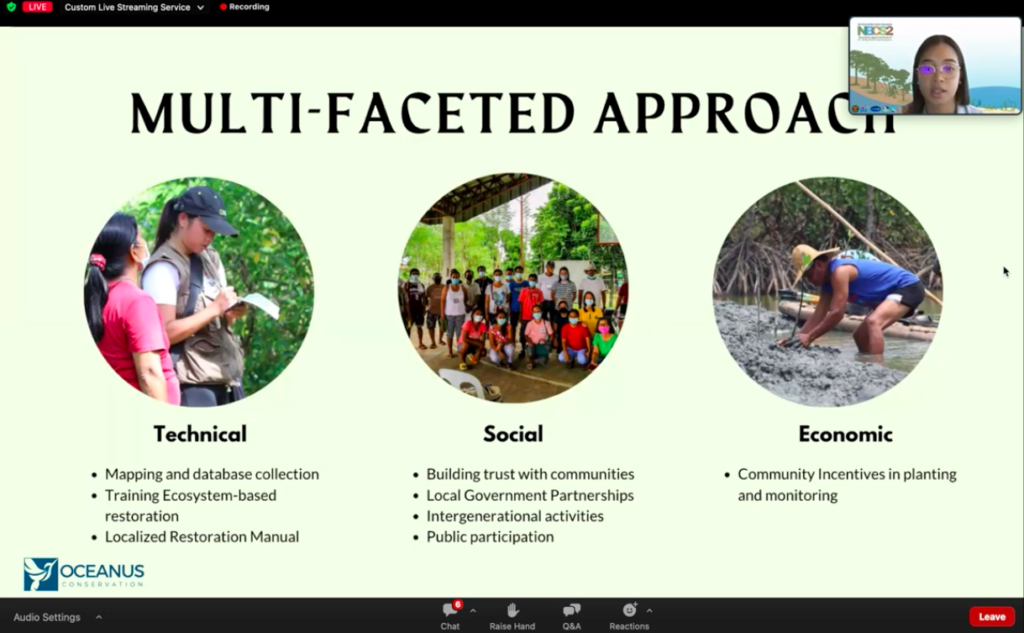
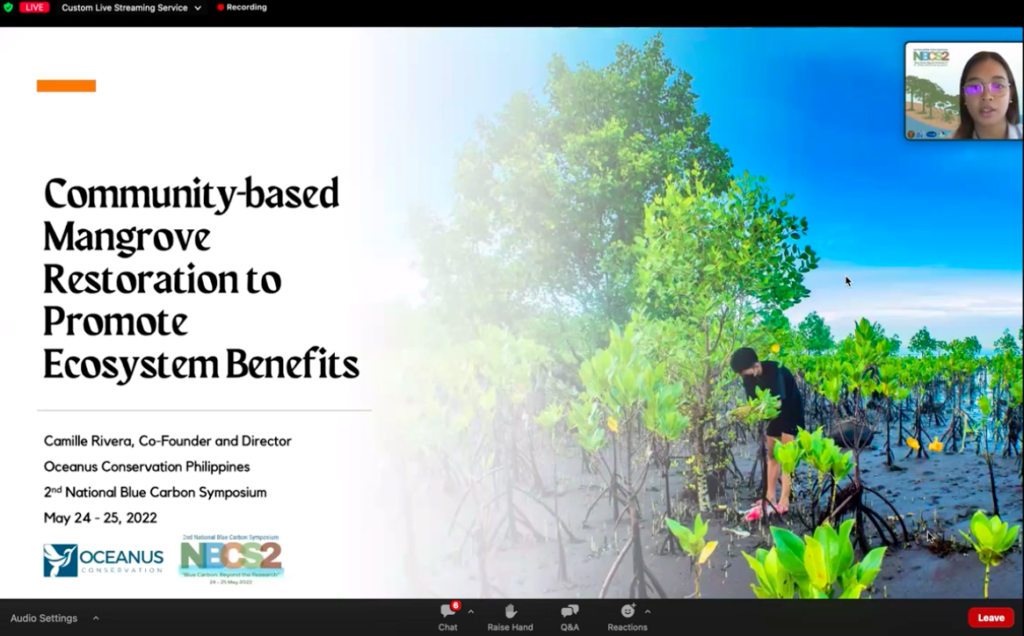
Moreover, marine biology students at the university level cross the bounds between citizen scientists and scientists because they are actually scientists in training. With their background in marine biological concepts, university-level students provide a unique perspective in piloting material geared towards citizen science. Emmanuel Cababarros and Angela Mariz Obsina, two students and members of Oceanus, were presenting their key lessons, challenges faced, and overall perspective on implementing the citizen science training. Their presentation was entitled “University Student’s Perception of the Blue Carbon Citizen Science Training”.
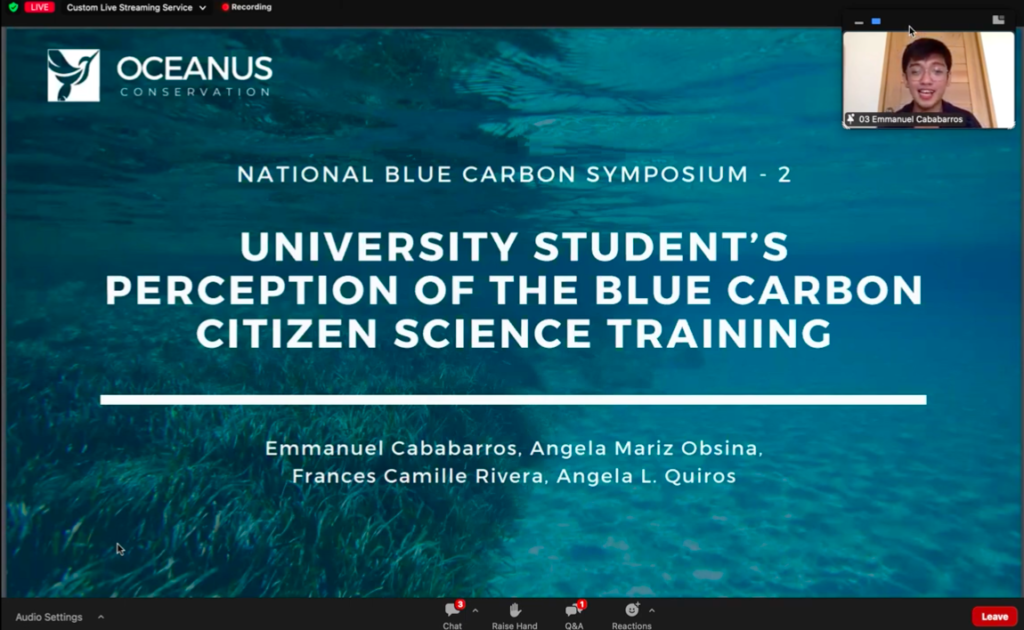
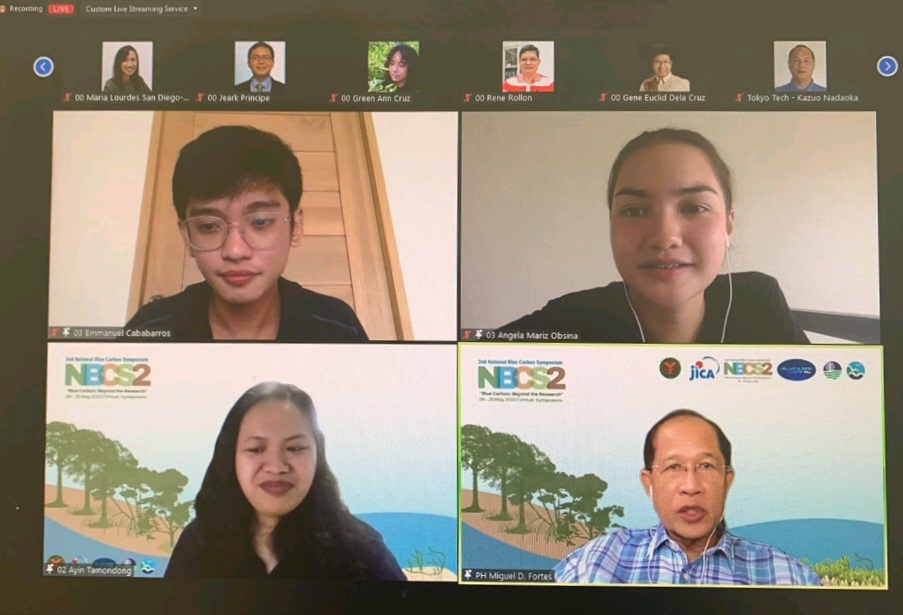
To conclude, Oceanus Conservation envisions climate resilience following an overall community development. This is possible through promoting the participation of the youth and local communities in restoration and education. Let us work together and advocate for conserving and protecting our coastal blue carbon ecosystems. Check our projects to learn more!
